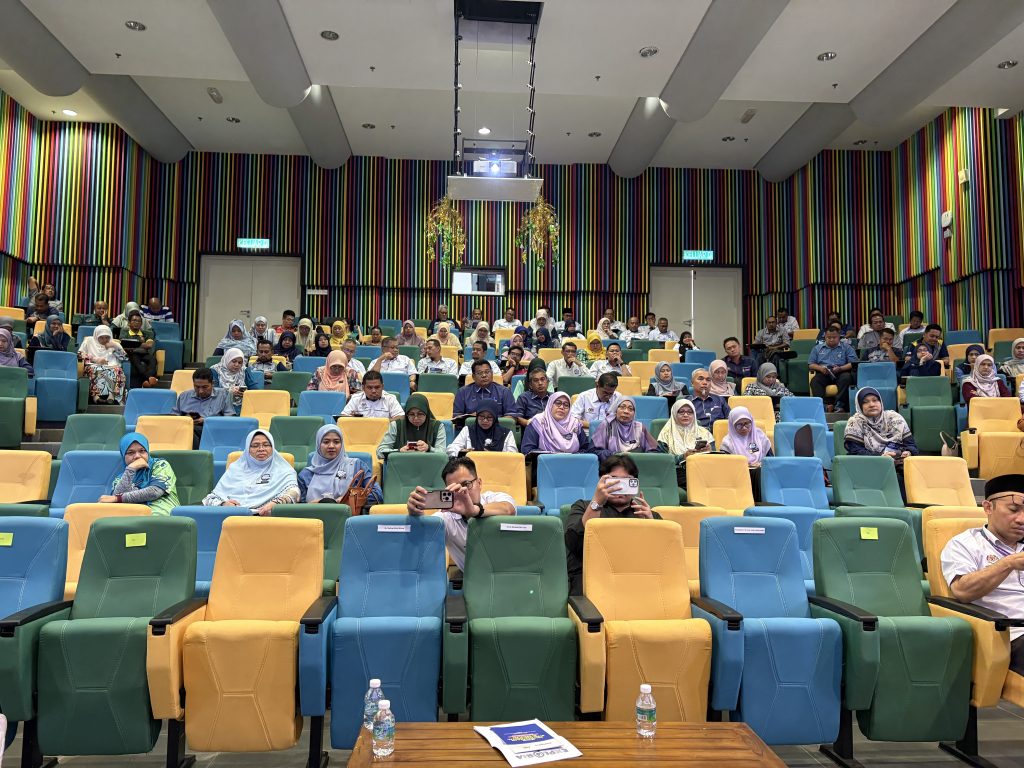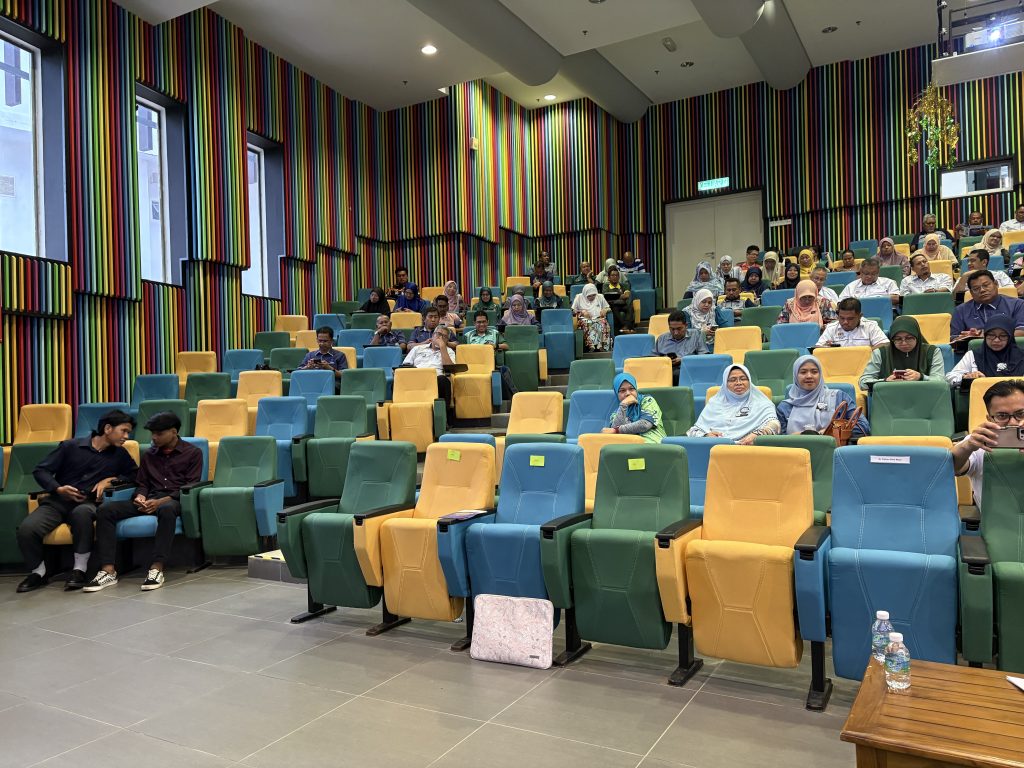












The world is digital, but life is analog..








































In the digital age, where information is just a click away and social media has become second nature, the ability to critically access, evaluate, use, and share information is more important than ever.
Recognizing this urgent need, UMPSA STEM Lab, in collaboration with UNESCO Information for All Programme (IFAP) Paris, launched the Media and Information Literacy (MIL) Program in 2023 — a long-term initiative aimed at promoting safe, informed, and ethical digital practices across all levels of society.
A Global Partnership with Local Impact
This program is the result of a meaningful partnership between a global entity and a local champion. In 2023, UNESCO IFAP Paris partnered with UMPSA STEM Lab to bring MIL education into Malaysian communities, schools, and higher education institutions. UNESCO Article.
With a shared goal to bridge the gap between digital access and digital wisdom, the program has since reached primary and secondary school students, university youth, educators, and local communities.
Media and Information Literacy (MIL)
MIL is more than just digital skills. It is a comprehensive framework that empowers individuals to:
Access – Identify and locate reliable and relevant information.
Evaluate – Analyze and assess the credibility, bias, and intent behind the information.
Use – Apply information effectively and ethically for specific needs or decisions.
Share – Communicate and disseminate information responsibly, respecting privacy and rights.
These four pillars of MIL guide every UMPSA STEM Lab outreach, ensuring that participants are not just users of media — but informed, critical, and ethical users.
Why MIL Matters Now
As digital media becomes increasingly integrated into daily life — from TikTok videos to online learning, from WhatsApp groups to e-commerce — people of all ages become more vulnerable to misinformation, privacy breaches, digital manipulation, and online harm.
Issues such as:
Data privacy and digital footprints
Misinformation and fake news
Cyberbullying and identity theft
AI-generated content and media bias
…are no longer niche concerns, but everyday realities.
That’s why awareness at all levels — from young children to university students, from parents to community leaders — is not just helpful, it’s essential.
Program Highlights So Far
Since 2023, the UMPSA STEM Lab MIL Program has:
Conducted MIL workshops for school children as young as 6 years old, using storytelling and play-based learning.
Delivered critical thinking and digital safety modules to teenagers and university students.
Engaged local teachers and educators in integrating MIL into their teaching practice.
Facilitated community sessions to promote digital responsibility among adults and parents.
UMPSA STEM Lab remains committed to expanding the MIL movement in Malaysia. With the continued support of UNESCO IFAP and local partners, we aim to:
Train more facilitators across the country
Develop localized MIL content and toolkits
Reach 1,000+ school children and 100+ educators annually
Encourage more universities to adopt MIL as part of their student development programs
We welcome collaboration with schools, NGOs, government agencies, and community groups to bring Media and Information Literacy to more people, especially those who need it the most.
Let’s build a digitally wise society — one that is informed, safe, and empowered.
???? For more info or collaboration, contact us.
#MILMalaysia #DigitalLiteracy #UMPSASTEMLab #UNESCOIFAP #SafeOnline #MediaLiteracy #MILforAll
At the heart of a vibrant preschool in Pekan, a meaningful initiative took place — one that blends the joy of reading with the importance of digital literacy for young minds. The program, rooted in the spirit of Reading Makchixx, brought together passionate educators, enthusiastic children, and a mission to nurture responsible digital users from an early age.
The Reading Makchixx initiative was born right here in this very school back in 2018, with an original goal that was simple yet impactful — to encourage English book reading among preschoolers, cultivating a love for language and literacy.
As the program grew, so did its vision. In 2023, Reading Makchixx expanded through a meaningful collaboration with the UNESCO Information for All Programme (IFAP). With this new partnership, the program began to include modules on Media and Information Literacy (MIL) — a vital skill set for today’s digital world. A synopsis of this program is accessible via this link.
In an age where children are increasingly exposed to smartphones, tablets, and digital content, it’s never too early to start building their understanding of safe and ethical online behavior.
The four pillars of Media and Information Literacy guided the design of this initiative:
Access – Teaching children how to search and find appropriate information.
Evaluate – Helping them understand what is true and safe.
Use – Using digital tools responsibly.
Share – Learning to communicate and share with care.
For today session, the spotlight was on Digital Privacy — a topic often overlooked, especially for young children. While 5- and 6-year-olds may seem too young for such topics, their interaction with devices and apps makes them vulnerable to online threats.
Using playful activities, stories, and interactive visuals, we introduced the concept of privacy in a way preschoolers could relate to. From understanding the importance of not sharing personal information to knowing when to ask an adult for help, the 100 children of Pra SK Seri Biram learned that protecting themselves online is just as important as knowing their ABCs.
Thank you, Cikgu Zuraidah, for the dedication in helping us stay connected with the participants. We really appreciate your support!

























 .
.









































